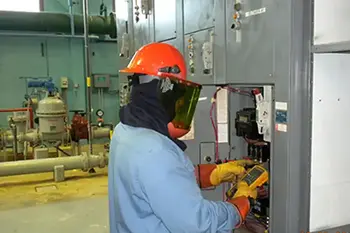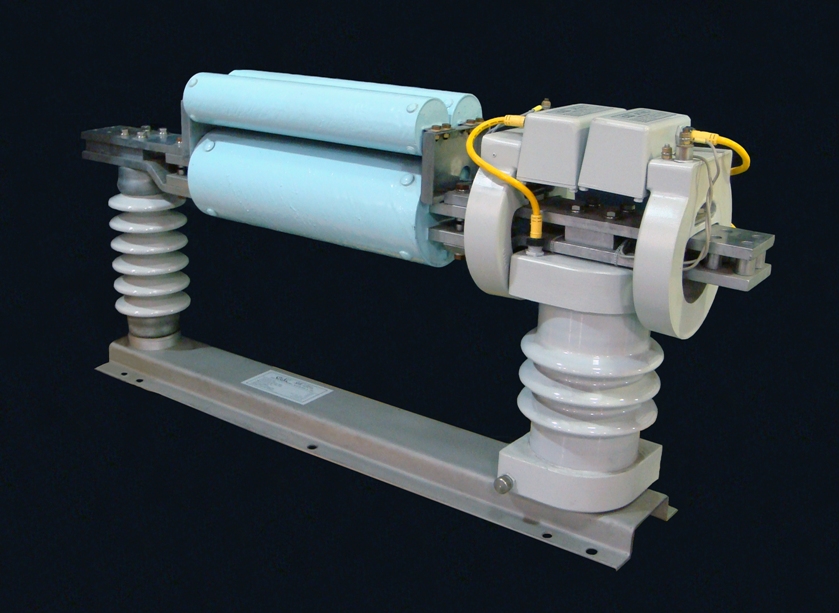How Can Mastering Electrical Training
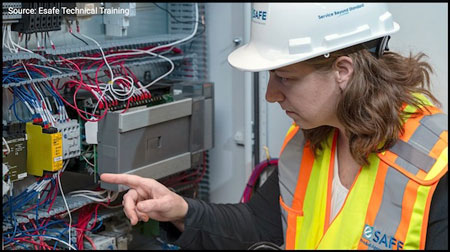
Arc Flash Analysis/Study
Our customized live online or in‑person group training can be delivered to your staff at your location.
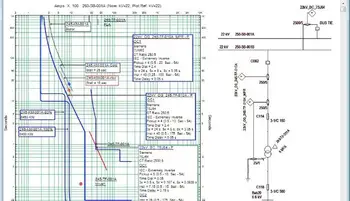
- Live Online
- 12 hours Instructor-led
- Group Training Available
Download Our OSHA 3875 Fact Sheet – Electrical PPE for Power Industry Workers
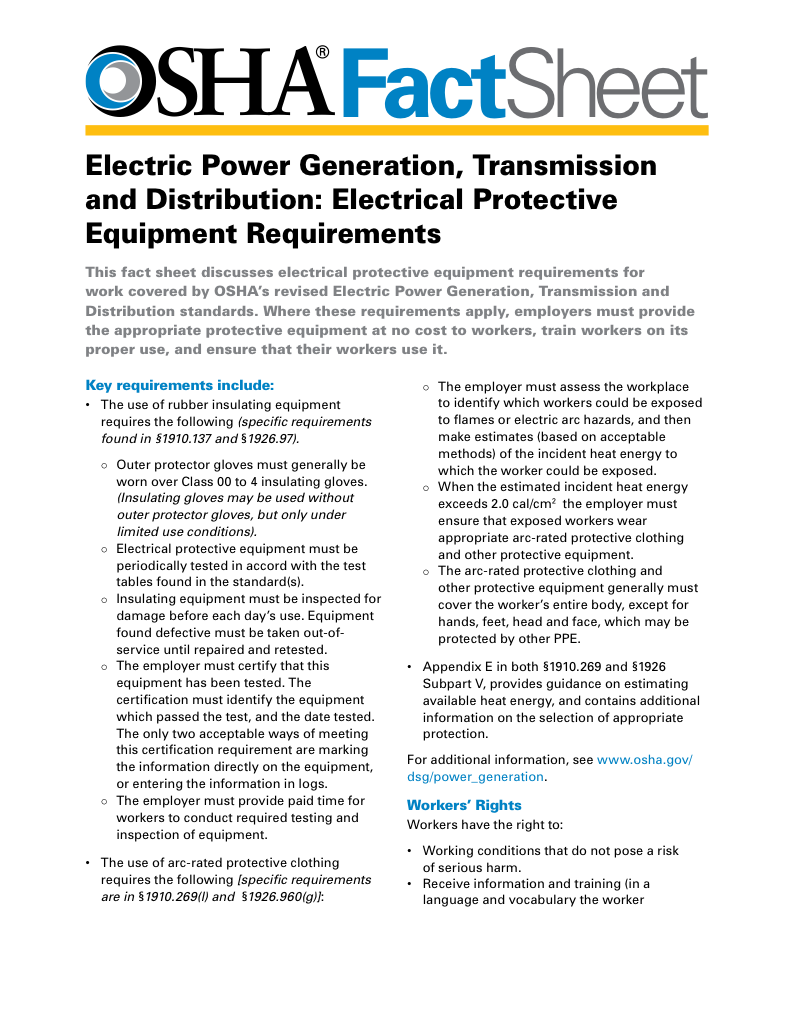
- Follow rules for rubber gloves, arc-rated PPE, and inspection procedures
- Learn employer obligations for testing, certification, and training
- Protect workers from arc flash and electrical shock injuries
Electrical training equips engineers and technicians with hands-on skills in power systems, circuits, NEC code compliance, PLC programming, safety procedures, instrumentation, and troubleshooting, preparing candidates for certification, apprenticeships, and advanced maintenance roles.
What Is Electrical Training?
Instruction in electrical safety and skills to design, troubleshoot, and maintain power and control systems.
✅ NEC/IEC code compliance, arc flash, and lockout/tagout safety
✅ Power systems, distribution, grounding, and fault analysis
✅ PLCs, drives, SCADA, and industrial control troubleshooting
Electrical training is the foundation for a successful career in the dynamic field of engineering. Whether you're starting your journey or looking to advance your skills, continuous learning is essential to stay ahead in this ever-evolving industry. A fundamental concept that is often explored in basic training is understanding starting current, or inrush current. Starting current refers to the surge of current drawn by the device when it is first turned on. This surge is significantly higher than the device’s normal operating current, and understanding this phenomenon is essential for anyone working with systems. Training courses often explain the causes of this surge, such as the low impedance of devices like motors and transformers during startup. Knowing how to manage this surge can prevent common problems, such as tripping circuit breakers or fuses, and can help avoid unnecessary stress on the components of the system. For a structured overview of foundational topics, many professionals consult power system training curricula to align their learning with industry expectations.
Understanding Starting Current and Its Impact in Electrical Training
The causes and implications of starting current are crucial areas covered in power system course programs. For instance, many learners are introduced to the concept that devices, particularly motors, may experience a substantial inrush current due to factors like charging capacitors or the initial resistance to motion. Through hands-on exercises and simulations, training centers enable participants to understand how these surges affect the overall system. The ability to anticipate such surges is vital for preventing voltage dips and minimizing the risk of equipment damage. Knowledge gained in training helps ensure that the right strategies are in place to handle such challenges. Accurate modeling of inrush alongside short-circuit current calculation helps trainees size protective devices with greater confidence.
Electricity Today T&D Magazine Subscribe for FREE

- Timely insights from industry experts
- Practical solutions T&D engineers
- Free access to every issue
The effects of starting current are far-reaching, and this is why engineers must be well-trained to mitigate these issues. If left unaddressed, starting current can result in equipment malfunction, damage to sensitive components, or even the failure of an entire system. In an industrial setting, the consequences of a power surge can be severe, leading to costly repairs or downtime. A good power system course program teaches professionals how to properly size protection devices, such as fuses and circuit breakers, and also how to use techniques like star-delta to manage these effects. This training ensures that engineers are capable of mitigating risks while maintaining operational efficiency. Coursework often uses power system analysis and design case studies to show how starting methods influence voltage dips and coordination.
What are the essential skills and knowledge required for a successful career in electrical engineering?
Understanding starting current and its effects, training also equips professionals with various mitigation strategies. For example, soft starters and variable frequency drives (VFDs) are common solutions used to reduce the inrush current and manage the surge more effectively. These strategies, along with inrush current limiters, are often explored in-depth during training. Participants learn how these tools can be used to reduce the stress on the system and improve its overall stability. By being exposed to these strategies, workers are better prepared to implement solutions that align with the unique needs of the systems they work with. When configuring motor starters, practitioners frequently reference 480 V power and current formulas to verify conductor sizing and torque requirements.
Practical Applications and Industry Standards in Electrical Training
Real-world applications of systems are another critical aspect of the power system course. For example, transformers, industrial machinery, and HVAC systems are often featured as examples of systems that experience starting current. Trainees get hands-on experience with these systems, learning how to apply their knowledge in real-world environments. Understanding how starting current affects everything from small household appliances to large industrial equipment is essential for engineers who work across various sectors of the industry. Exposure to medium- and high-voltage equipment underscores why high-voltage electrician training emphasizes safe commissioning practices during energization.
Furthermore, power system course programs help professionals stay up-to-date with the latest industry practices, including understanding the code. The National Electrical Code (NEC) governs the safety and installation of systems, and it is a crucial component of any comprehensive training course. Whether it's understanding how to comply with safety standards or learning new advancements in technology, continuing education is key to staying compliant and ahead in the field. Training programs are specifically designed to cover these codes, ensuring professionals remain knowledgeable and prepared for changes in legislation. Compliance efforts are strengthened by using tools like an electrical load calculator to validate panel schedules and feeder capacities.
How does the power system course help ensure workplace safety?
In terms of career advancement, engineers often pursue certifications to gain specialized knowledge. These certifications are a clear indicator of expertise and are highly valued in the industry. Power system course courses provide the necessary preparation for certification exams, ensuring that professionals are well-equipped to pass and perform effectively in their roles. Specialized certifications allow engineers to branch into areas such as renewable energy systems or advanced automation, expanding their career options. The power system course also addresses safety concerns. Power system work can be hazardous, and having the right training reduces the risk of accidents. Courses often focus on safety protocols, from the correct use of personal protective equipment (PPE) to understanding the best practices for working with live circuits. This focus on safety ensures that all workers are aware of the potential dangers they face and are prepared to act safely and effectively in any given situation. Many roles also benefit from a broader power system engineering perspective that integrates protection, controls, and asset management.
Sign Up for Electricity Forum’s Electrical Engineering Newsletter
Stay informed with our FREE Electrical Engineering Newsletter — get the latest news, breakthrough technologies, and expert insights, delivered straight to your inbox.
Power system course programs cover a range of essential topics, including codes, safety practices, and the workings of various components. Beyond preparing individuals for industry-recognized certifications, the power system course also focuses on addressing real-world challenges such as managing starting currents and ensuring system protection. Ongoing education in this field helps professionals stay up-to-date with new standards and technological advances, ensuring they are equipped to maintain and improve the safety and functionality of systems.






